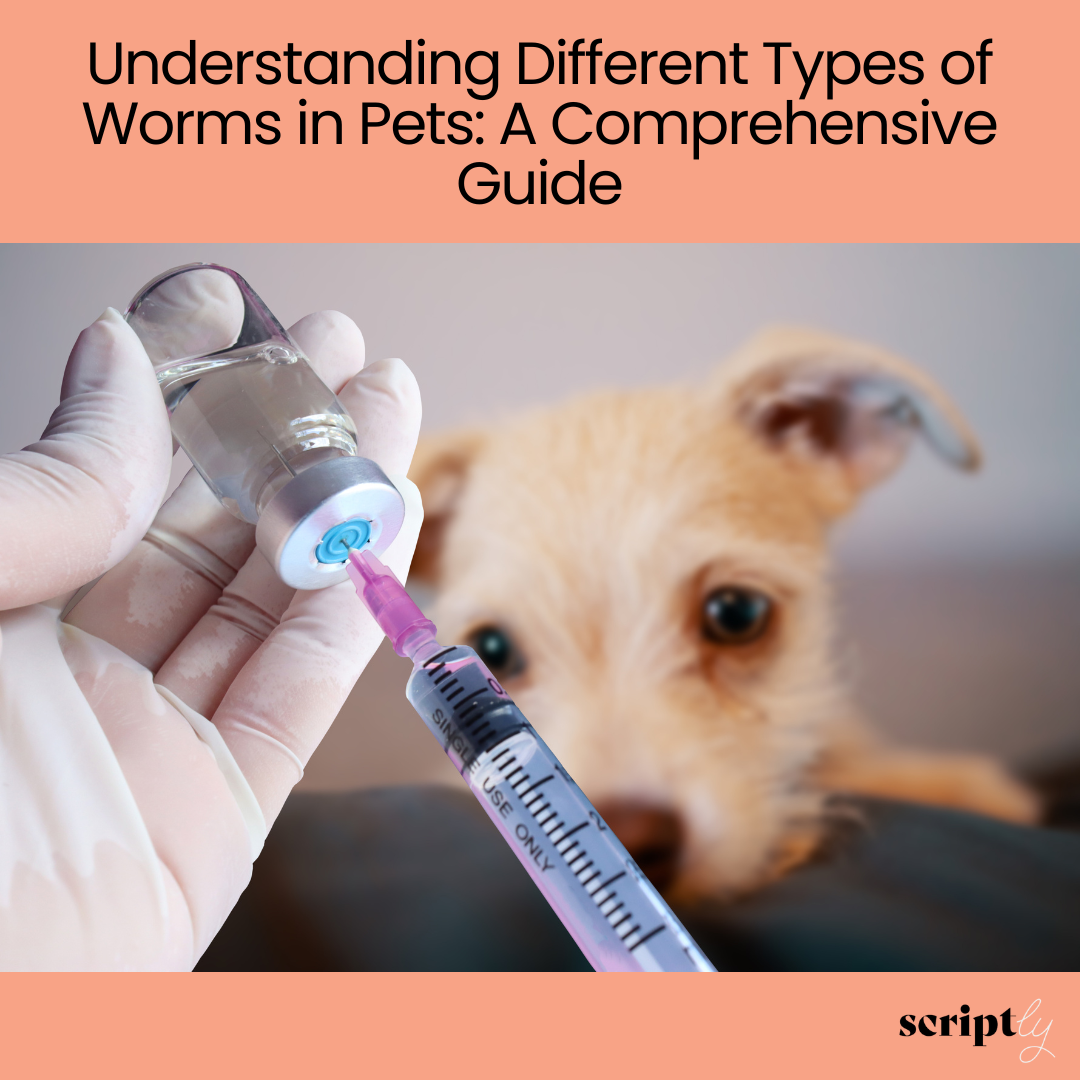
Understanding Different Types of Worms in Pets: A Comprehensive Guide
When it comes to worm infestations, not all parasites are created equal. Different types of worms affect pets in different ways, requiring specific treatments and preventive measures. In this blog, we’ll break down the most common worms that infect cats and dogs, how they spread, and what you can do to keep your furry friend safe.
1. Roundworms (Toxocara spp.)
How They Infect Pets:
- Pets contract roundworms by ingesting contaminated soil, feces, or infected rodents.
- Kittens and puppies can be born with roundworms if their mother is infected.
Symptoms:
- Bloated belly
- Weight loss despite a good appetite
- Vomiting and diarrhea
- Worms visible in feces
Treatment & Prevention:
- Regular deworming
- Proper sanitation of pet waste
- Preventing pets from eating rodents or scavenging outdoors
2. Hookworms (Ancylostoma spp.)
How They Infect Pets:
- Pets can ingest hookworm larvae or get infected through skin contact (such as walking on contaminated ground).
Symptoms:
- Anemia (pale gums, weakness)
- Bloody diarrhea
- Lethargy
- Itchy skin lesions (in cases of skin penetration)
Treatment & Prevention:
- Monthly parasite preventives
- Keeping outdoor areas clean
- Avoiding exposure to contaminated soil
3. Tapeworms (Dipylidium caninum)
How They Infect Pets:
- Pets get tapeworms by ingesting infected fleas or consuming raw meat with tapeworm larvae.
Symptoms:
- Visible rice-like worm segments near the pet’s anus or in feces
- Scooting or excessive licking of the rear
- Weight loss despite eating normally
Treatment & Prevention:
- Deworming with praziquantel
- Flea control to prevent reinfection
- Avoiding raw meat diets
4. Whipworms (Trichuris vulpis)
How They Infect Pets:
- Pets ingest whipworm eggs from contaminated food, water, or soil.
Symptoms:
- Chronic diarrhea
- Weight loss
- Lethargy
Treatment & Prevention:
- Routine deworming
- Keeping outdoor spaces clean
- Providing clean, fresh drinking water
5. Heartworms (Dirofilaria immitis)
How They Infect Pets:
- Heartworms are transmitted through mosquito bites.
- Primarily a concern for dogs, but cats can also be affected.
Symptoms:
- Persistent cough
- Difficulty breathing
- Fatigue and exercise intolerance
- Sudden collapse in severe cases
Treatment & Prevention:
- Monthly heartworm preventives
- Mosquito control in and around your home
- Annual heartworm testing
Understanding the different types of worms that can infect your pet is crucial for proper prevention and treatment. Regular vet check-ups, good hygiene, and parasite control measures will help keep your furry companion worm-free and healthy.


